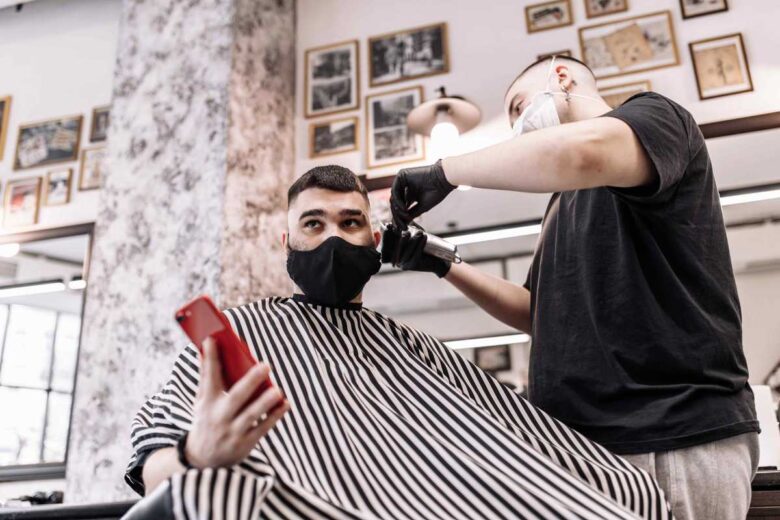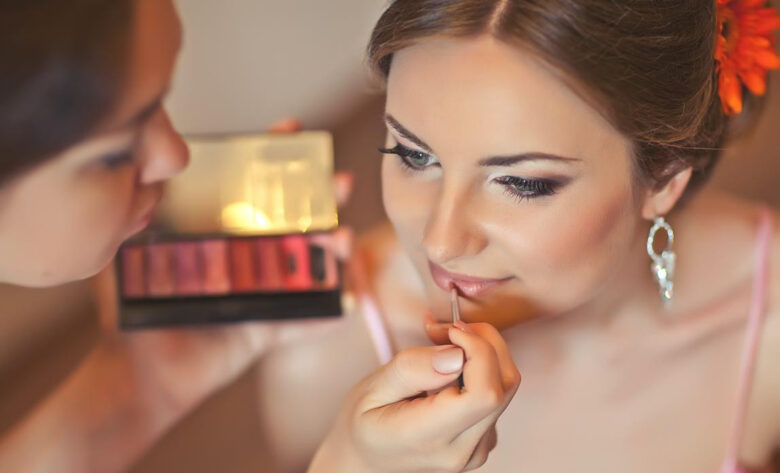Small businesses are popping up on every corner, with more people taking the plunge to become financially independent. There are endless possibilities for owning your own business, even if you are the only person working it. Sole traders have become a part of the business language that more people are trying to understand. It is a part of the business world that more people consider as an option where they might stand the chance of taking home all their profits, but there are some advantages and disadvantages that need consideration. You will certainly benefit from good financial advice, and a solid plan will come in handy when you try and navigate your way into being more financially independent, so click here to take a look at all your options before taking the plunge.
Smart business

Source: mileiq.com
One of the most famous examples of sole traders is in the beauty industry. Hair Stylists, makeup artists and beauticians have come to realise that they can trade as a business without renting a building or without a large staff volume. If they have the correct utensils, products and raw materials for resale, then they could do it out of the comfort of their own homes. The beauty industry has grown astronomically, and with it has come independence for every person working in it. They now understand how to do their taxes independently, be responsible for handing in the correct forms, and register themselves as sole traders if they wish to be no longer seen as self-employed.
Self-employed Beautician VS Sole trading beauty salon owner

Source: simplybusiness.co.uk
For a beautician to be considered self-employed, they could simply make house calls, avoid selling any kind of stock to their clients, and still collect financial support from the government if they are under the tax threshold. A beautician working as a sole trader could also make house calls and not carry any stock to sell to their clients but have their business registered to their name. Still, if they had any intention of joining workforces with other corporations like, let’s say, an extensive cosmetics campaign, it would serve in their best interests to have themselves registered as a sole trading business. When you are self-employed, it might be more challenging for giant corporations to engage with you in a business sense because your trade is void of paperwork and could slow down things in their offices.
As a sole trader, you will need to register for tax. This will serve well for trading with other businesses because they will get some of their tax paid back if they register their business interaction with you as an expense to the company. It makes it a lot easier for them to pay sole traders from a business expense. The payment would come from an account with pre-approved funding to cover the amount of money a sole trader would charge without creating a slowdown trade due to financial constraints.

Source: lawdonut.co.uk
If they were hiring a self-employed individual to do the same job, they would have to pay them as a single entity that would reflect as a salary or a loan instead of a business because the individual is not registered as a business. The accounts department would make these payments from the business expense account even though it is still considered a financial trade exchange. It’s harder for bigger businesses to reclaim returns for self-employed individuals because the paperwork would reflect a salary instead of a business expense. Without a tax number linking the individual to a company, more prominent corporations question the validity of the individual and the products that they are selling.
To buy and sell or trade, you will need to have the correct registration papers to buy chemically based products to prove that you are certified to work with them. You will need a trading permit for the exact kind of beauty business you plan to work in. Sole traders would need to declare this with the HMRC to prove that they are earning above a certain bracket and have the qualifications to work within that field. Self-employed people wouldn’t have to prove anything to anyone who doesn’t ask. That is why it can be tricky if you, as a self-employed individual, would like to move up someday and become a sole trader or a limited company; you will need to consider registering for more than just individual tax.
Tax and vat per client

Source: axa.co.uk
As a beautician, hairstylist makeup artist, you will need to pay tax according to your earnings, known as PAYE, and you will inevitably have the best advantage when it comes to what you earn. All the money you make is yours after you have paid your taxes, but if you have a rental to consider, you will only be able to register for returns once the financial year-end has come. When you have made 1000 pounds or more, you can decide whether or not you want to register as a sole trader or not, but there is no pressure for you to do so. The only difference that you face in not doing so is that you will not be eligible for certain benefits.
As a sole trader, you will need to hire financial assistance yourself to ensure that all your paperwork makes sense when you hand it in and that all your receipts and invoices line up. You can choose between a primary financial advisor or an accountant to assist you in registering all the correct paperwork with all your documents so that you might stand a chance to receive back some of the money you have paid during the financial year. Your profits are all yours, but if you have had financial assistance from any government-connected financial institution and your business goes bankrupt, you will be held liable for the finances.
An accounting service can give you the valuable advice you will need to keep trading legally without losing out on the opportunity to earn back some of your money. You will need to hang onto your client’s receipts for their services, stock receipts, rental receipts, and stock purchasing receipts. They will help you gauge whether self-employment is worth it or that working as a sole trader will help. Once you have gotten over your first year, you will be able to make better-informed decisions, and you will be able to understand better, which is best for you.
